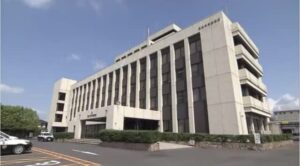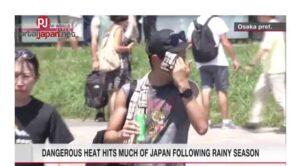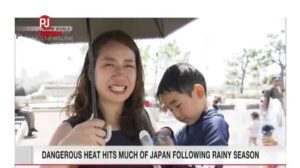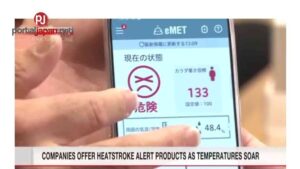A memorial marker was unveiled in Tokyo on June 18 to honor former Philippine President Elpidio Quirino for his extraordinary act of forgiveness toward Japan after World War II.
Despite losing his wife and three children at the hands of marauding Japanese soldiers in the 1945 Battle of Manila, Quirino, in power between 1948 and 1953, pardoned all Japanese Class-B and Class-C war criminals and ordered them repatriated to Japan.
A stone monument with memorial plaques was erected in front of the Hibiya Public Hall, the site of a mass gathering to express gratitude for the pardons in 1953, in Hibiya Park.
The unveiling ceremony was hosted by the Philippine Embassy and attended by about 150 people.
In a speech, Ruby Quirino Gonzalez, 62, mentioned how her grandfather’s decision cost him his presidency.
More than 100 Japanese were subject to his clemency, but anti-Japanese sentiment still ran high at the time.
But she concluded, “It was the right and a humane decision, and as such, the great friendship between the Philippines and Japan has started.”
This year marks the 60th anniversary of Quirino’s death and the restoration of diplomatic relations between Japan and the Philippines.
“I think (the friendly relationship) has proven that Quirino’s decision and my father’s pacifism were meaningful,” said Kayoko Kano, 71, who is honorary director of the Kano Museum of Art in Yasugi, Shimane Prefecture. “I hope it grows stronger in the future.”
Her father, painter Kanrai Kano (1904-1977), had inundated Quirino with petitions for amnesty for the war criminals for almost four years.
Kayoko Kano has known Gonzalez since last autumn.
The monument was suggested by Masahiko Komura, vice president of the ruling Liberal Democratic Party, who accompanied Emperor Akihito and Empress Michiko at a meeting with Gonzalez during the imperial couple’s visit to the Philippines in January.
During the June 18 ceremony, Komura referred to the statement that Quirino released when he made the decision to grant executive clemency.
“I do not want my children and my people to inherit from me hate for people (of Japan) who might yet be our friends,” part of his statement read.
Those words are etched on a plaque placed on the monument.
The monument was funded through donations from the foundation that governs the Kano Museum of Art as well as political and business circles that have connections with the Philippines.
Source and image: Asahi

















Join the Conversation